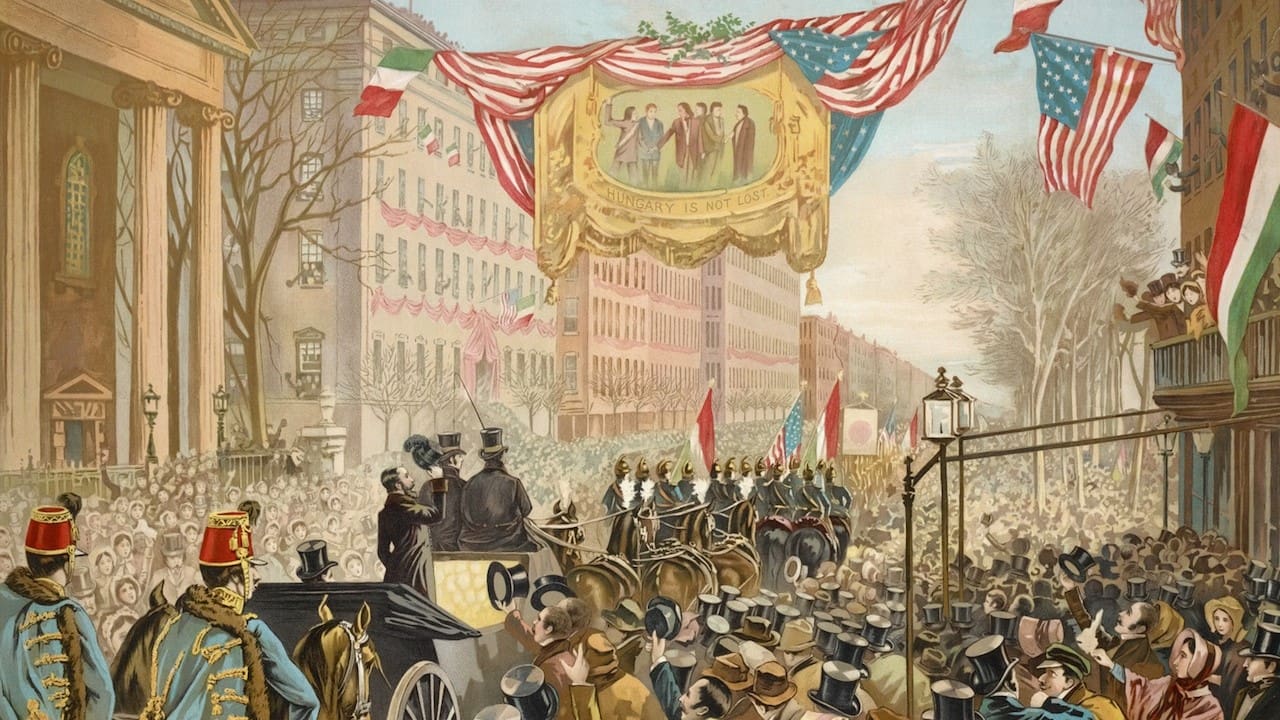Hungary’s political choices are strongly influenced by its history. Although it is not always obvious to a casual observer, history strongly determines the contemporary political life and culture of countries, their peoples’ mentality and the decisions they make in the future. Those curious about Hungary and its fate should also learn more about its history, not only to deepen their knowledge about the country but also to discover new perspectives on modern-day political issues. Luckily, there is no want of reader-friendly books available in English that can help those interested.
If it is your passion to study Hungary and its unique history, or you have been intrigued by Hungarian Conservative’s diverse selection of articles dedicated to the captivating history of our country, and would like to learn even more about it, we have a list of excellent works for you. All of the books below were specifically designed to help interested foreigners get to know Hungary better. The listed volumes are generalized works covering the entirety of Hungarian history, not books focused only on some specific periods.
A Short History of Hungary by Ignác Romsics
The first book that we highly recommend was authored by Ignác Romsics, a Széchenyi Prize-winning Hungarian historian and member of the Hungarian Academy of Sciences. One of the most respected and well-known contemporary Hungarian historians, Ignác Romsics wrote the book titled A Short History of Hungary as a comprehensive page-turner guide to the gist of Hungarian history. Being only 116 pages long, the work is also written in a popular style, making it an enjoyable read even for those without a scholarly interest. It accurately guides the reader through major events, trends, and personalities that had a profound impact on Hungarian history. Albeit it lacks a list of sources and a bibliography, if you are not reading it for academic purposes but would like to get a brief and concise overview of Hungary’s past that you can probably finish reading in one day, it is the perfect book to start with.
A Concise History of Hungary by Miklós Molnár
If you are confident that you have mastered the basics of Hungary’s past and want to take your knowledge of Hungarian history to the next level, A Concise History of Hungary by Miklós Molnár, published in the prestigious ‘Cambridge Concise Histories’ series, is what you need. It is a must-read for advanced history enthusiast, despite the fact that the author used to hold left-leaning beliefs—that is hardly perceivable in the text, and where it is, it does not get in the way of the readers’ understanding of Hungary. Due to its publication under Cambridge’s patronage, the book meets very high academic standards. A downside of the book is perhaps the lack of a narrative—it presents history as a largely random and uncontrollable process. From the reader’s perspective, the lack of an overarching narrative may be an impediment that makes it more difficult to fully grasp and understand the text. Nevertheless, its weaknesses aside, it is a book that we recommend.
The Will to Survive by Bryan Cartledge
Possibly one of the most famous books on Hungarian history written in English, as well as the longest and the most thoroughly detailed one on our list is Bryan Cartledge’s The Will to Survive: A History of Hungary. Sir Cartledge is an academic from Stanford University, who also served as a British ambassador to Hungary between 1980 and 1983. The several hundreds pages long book is the result of the author’s deep interest in Hungary, and his fascination with it—the book is indeed a tribute to the people of Hungary. He represented the United Kingdom in our country for three years, and he also attended the University of Debrecen, where he learnt the Hungarian language and obtained a degree. The author meticulously researched Hungarian history, and distilled his knowledge and expertise accumulated over the years spent in Hungary into a tremendously profound and incredibly detailed book.
Unlike the first two works, The Will to Survive contains a rich bibliography, so if any of the topics mentioned in it sparks the readers’ interest, they have the opportunity to find further trustable sources and continue reading. Relevant appendixes, maps, charts and pictures are also included in the book, further enriching the text while also making it more appealing. The language of the book is strictly scientific, but nonetheless accessible to a broader audience. Bryan Cartledge’s work is a must-read for anyone who is willing to dedicate time to reading a comprehensive, general overview of Hungarian history.
Related articles:








